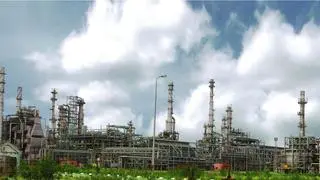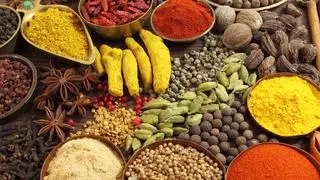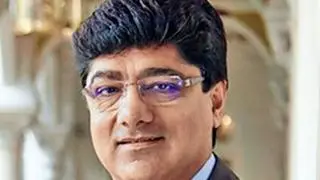Increased competition in the car market is expected to lead to an up to 2 per cent increase in marketing expenses for automakers in the next two years. This, at a time when profit margins are projected to marginally dip on the back of rising input costs.
New entrants such as Volkswagen and Renault, looking to build their fresh brands in the market, would spend the highest on marketing, said ratings agency Credit Analysis & Research (CARE). This will delay their breakeven timelines. For carmakers, marketing related expenses usually hover around 5-7 per cent of net sales.
“As competition rises, selling and distribution costs will go up. While the new players could see an up to 2 per cent rise in marketing costs, incumbents such as Maruti Suzuki and Hyundai will also face pressure. The established companies are likely to increase marketing spends by about 0.5 per cent,” Mr Vishal Srivastav, an analyst with CARE Ratings, told Business Line .
A report by the ratings company on the passenger vehicle industry adds that though automakers' revenues will rise by about 20 per cent to Rs 1.13 lakh crore in 2011-12, profitability over the same period may buck the trend.
Rising input cost is expected to impact industry margins substantially, with net cash accruals dropping by 7-8 per cent in the current fiscal from 2009-10, said the report. Net margin of automakers is also expected to fall to 3.8 per cent, from 5.8 per cent in 2009-10. This is a sharp contrast to net margins of 7.1 per cent and 8.3 per cent seen in 2007-08 and 2005-06.
Meanwhile, the aggressive expansion plans announced by most players would also lead to an increase in the debt-equity ratio of the industry to 0.5 times in the current fiscal, from 0.3 times in 2009-10.
Diesel cars
ICRA research further said that the sale of diesel cars in the next three-four years will see strong growth, even though a large car market such as Delhi has put additional taxes on their sale. This is because the widening price differential between petrol and diesel (at present a gap of more than Rs 20 in Mumbai), will override the higher costs of purchase and maintenance of diesel engines.
“Though the industry wants the share of diesel cars in total sales to be at 45 per cent, it will surely rise to 35 per cent in the next three-four years, from the present 28 per cent. With costs being lower than petrol, diesel is also now being seen as a cleaner fuel. Diesel cars are cost-effective if the daily driving is of 30 km. The average daily driving cycle in India is higher at 35 km,” said Mr Srivastav.
roudra.b@thehindu.co.in








Comments
Comments have to be in English, and in full sentences. They cannot be abusive or personal. Please abide by our community guidelines for posting your comments.
We have migrated to a new commenting platform. If you are already a registered user of TheHindu Businessline and logged in, you may continue to engage with our articles. If you do not have an account please register and login to post comments. Users can access their older comments by logging into their accounts on Vuukle.